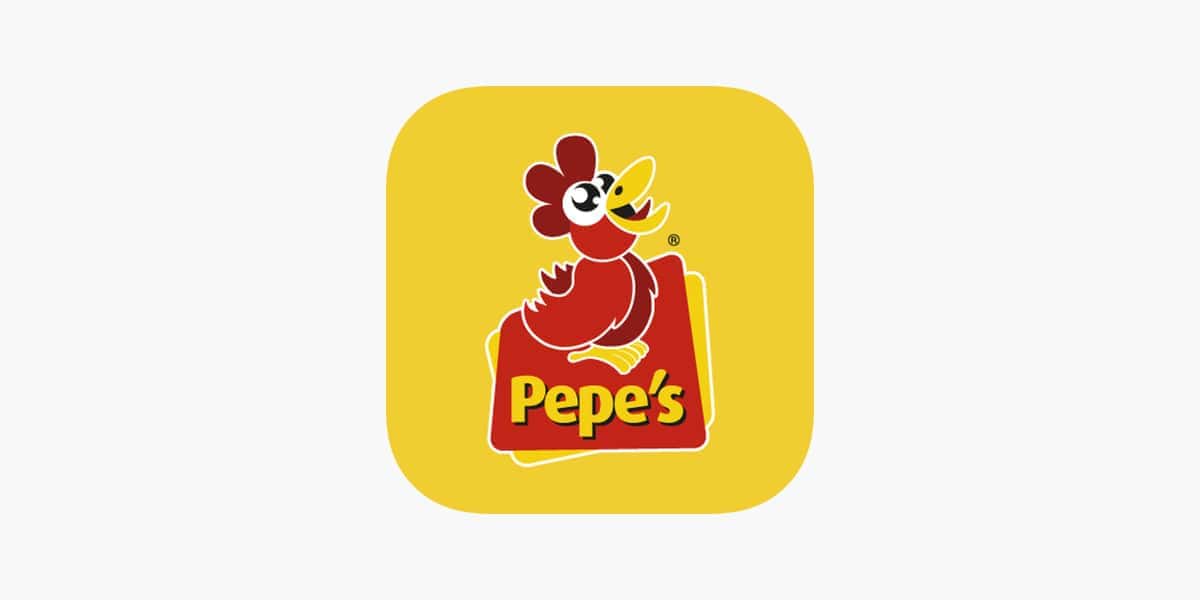A Parent’s Guide to Pepe’s & Meme Culture
Welcome, dear parents, to your friendly guide through the wonderfully wacky world of internet memes, with a special spotlight on Pepes! The internet is a vast playground of creativity, expression, and yes, sometimes confusion. As your child giggles over their screen, you might find yourself wondering, “What’s so funny?” Well, prepare to be enlightened as we dive into the viral phenomenon of Pepes and give you the tools to understand and even bond with your children over these quirky digital trends.
So, What Exactly Are Pepes?
Let’s kick things off by unraveling the mystery behind Pepes. Originally, Pepe the Frog was a character in a comic series called “Boy’s Club” by Matt Furie. It was just a chill, laid-back amphibian living life one day at a time. However, the internet has a magical way of taking a simple character and catapulting it into the stratosphere of meme stardom.
Over time, Pepe the Frog has been adopted by countless internet users who have remixed and reshaped the character into a myriad of emotional expressions and situations, collectively referred to as “Pepes.” The phenomenon has grown so large that Pepes are now traded and collected much like digital trading cards!
Pepes in Internet Culture
Memes, including Pepes, are an integral part of modern internet culture. They are shared, modified, and spread at an astonishing rate, often reflecting collective emotions or societal trends. For young people especially, memes can be a form of communication, a way to express feelings and experiences through a shared language of images and captions.
In this day and age, understanding memes is akin to learning a new dialect of the digital era. As a parent, getting to grips with this can help you stay connected to your children’s world and open up new avenues for conversation and understanding.
Navigating the Positives and Pitfalls of Pepes
While meme-sharing can certainly be a fun and harmless activity, like many aspects of the internet, it has its dark corners. Some versions of Pepes have been co-opted by individuals with less-than-savory intentions, and at times, the image has even been associated with hate symbols. This is a complex and unfortunate development, but it’s important to distinguish that not all Pepes or meme-sharing have negative connotations.
As parents, it’s essential to guide your children on how to navigate digital spaces responsibly. Encouraging critical thinking about the content they consume and share will empower them to make positive choices.
Now that we have a basic overview let’s explore the colorful journey of Pepes and what you, as parents, can do to stay informed and engaged in your children’s digital lives. Far from being out of the loop, you’ll become the coolest, most understanding parent on the block—or at least, that’s the goal!
But before we continue, let’s capture a few golden rules of meme literacy to help you through:
- Context is Key: Memes can have layers of meaning, and understanding the context is crucial to get the joke or message.
- Ask and Listen: If you’re unsure, ask your child to explain. Listen with an open mind, and you might just learn something new!
- Keep an Eye Out: Be aware of your child’s online activities without being intrusive. It’s about ensuring a safe and positive experience.
- Enjoy the Fun: Memes are meant to entertain. Share in the laughter and you’ll find common ground with your kids.
With these nuggets of wisdom tucked away, you’re well on your way to becoming a meme-savvy parent. Stay tuned as we’ll be diving deeper into the exciting world of Pepes and meme culture!

Five Things Parents Should Know When Preparing for Pepes
1. The Origin and Evolution of Pepe the Frog
Understanding where Pepe came from will help you appreciate the meme’s innocent beginnings. Knowing the difference between its original, humorous intent and its subsequent adaptations can help facilitate discussions with your children about the history of internet content.
2. Memes as a Form of Self-expression
Recognize that for many kids and teens, memes are more than just funny pictures – they’re a means of self-expression and identity formation. Crescendos of creativity often blossom in the fertile grounds of meme culture, where your children may be demonstrating their artistic, comedic, or editorial skills.
3. The Social Currency of Memes
Memes can be a part of your child’s social life and sometimes act as social currency among peer groups. They are a quick, relatable way to communicate ideas and emotions, bringing a sense of belonging to communities online. Learning this can help you understand your child’s need to engage with meme culture.
4. Critical Digital Literacy
Teach your children about the importance of context and sourcing. Encourage them to be skeptical of the imagery and captions they see, verifying credibility before sharing. Highlighting critical digital literacy skills will not only assist them with memes but with navigating digital information more broadly.
5. Conversations Around Sensitivity and Appropriateness
Discuss the potential of memes to cause harm or offend, intentionally or otherwise. It’s key to talk about cultural sensitivity, the power of images, and the responsibility that comes with sharing content within a diverse online community. This will help to establish a framework of ethical online engagement for your children.
No matter how strange or foreign the world of internet memes may feel, take heart; with a little bit of knowledge and lots of open dialogue, you can confidently guide your children towards a healthy and happy digital life. Embrace the learning curve, and have fun while you’re at it – after all, that’s what memes, even Pepes, are all about!
How To Keep The Meme Conversation Going At Home
Try to incorporate your newfound understanding of Pepes into everyday conversations with your kids. Show genuine interest in the memes they find amusing and ask them to share their favorites with you. Use this as an opportunity to discuss internet safety, remind them of the importance of kindness and respect online, and reinforce the idea that not all content may be suitable for sharing.
Remember, your role in meme literacy isn’t just about protecting your kids; it’s about joining them in this new form of digital play, where creativity and communication meet in a world of boundless expressions. By staying curious, open-minded, and always willing to learn, you’re setting the stage for positive, ongoing engagement with your children and their passions, Pepe included!
And remember, the goal isn’t just to monitor or regulate their meme interaction but to understand it. By doing so, you craft an environment of shared trust and respect, where learning, laughing, and loving the meme culture can be another wonderful way for your family to bond. So, have a laugh, create your own family memes, and embrace the joyful journey through the land of internet humor together!
For more great articles please see here. For more information see here
Disclaimer
The articles available via our website provide general information only and we strongly urge readers to exercise caution and conduct their own thorough research and fact-checking. The information presented should not be taken as absolute truth, and, to the maximum extent permitted by law, we will not be held liable for any inaccuracies or errors in the content. It is essential for individuals to independently verify and validate the information before making any decisions or taking any actions based on the articles.




